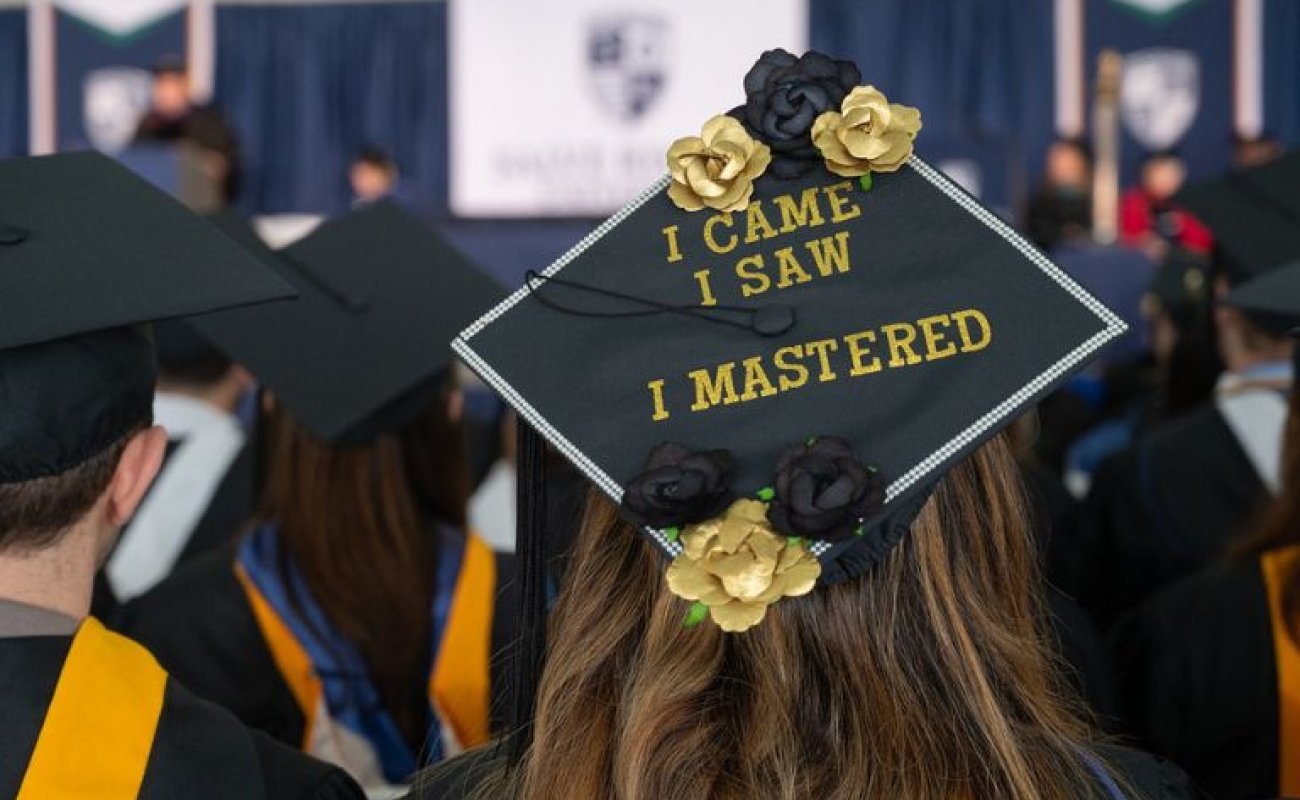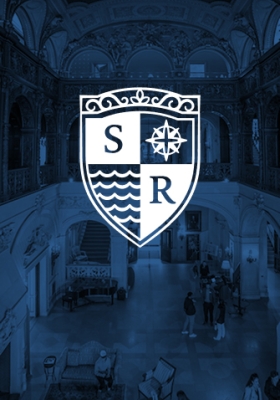Organizational Transformation and Leadership Certificates

Now enrolling for fall 2025
Short on time, big on impact.
Salve Regina University's master's degree in organizational transformation and leadership - along with stackable graduate certificates - is designed for professionals ready to lead change with purpose. Choose from focused certificates in business intelligence for organizational progress, organizational culture transformation, or strategic transformation and sustainable management.
These certificates can stand alone, or they can be combined with two additional courses to complete the master's degree. Most certificates can be completed in just two semesters, providing you with a valuable credential that enhances your credibility, expands your skill set and unlocks new opportunities for career growth.
Who Will Benefit?
- Business operations managers
- Financial managers
- Health educators
- Human resources managers
- Information technology managers
- Management consultants
- Marketing managers
- Medical and health services managers
- Military and correctional officers
- Nonprofit directors
Program Features
Four courses offered fully online with an average time to complete of 8-12 months.

$2,190 per course. Financial aid and veterans' benefits available.
Graduate Certificates
These certificates are designed for professionals who hold a bachelor's or master's degree and are seeking to adapt and thrive through continued leadership development. After completing a certificate program, students in good academic standing may apply to the M.S. in organizational transformation and leadership program and carry the credits forward.
Graduate certificate in business intelligence for organizational progress
Salve's graduate certificate in business intelligence for organizational progress equips professionals to leverage data-driven insights, employ ethical practices and apply evidence-based thinking to enhance organizational performance and drive progress.
This four-course program integrates topics such as quantifying metrics, data visualization, artificial intelligence, ethical considerations and holistic approaches to problem solving. Our comprehensive curriculum empowers the next generation of leaders to effectively analyze data, tell stories through data, make informed decisions and optimize business operations.
Graduate certificate in organizational culture transformation
Salve's graduate certificate in organizational culture transformation offers a comprehensive curriculum that equips professionals with the knowledge and skills necessary to promote inclusive leadership and address systemic inequalities. This program covers topics such as leading system change, leading group dynamics, understanding systemic inequalities, and developing cross-cultural awareness.
The four-course program covers topics such as leading system change, leading group dynamics, understanding systemic inequalities, and developing cross-cultural awareness.
Graduate certificate in strategic transformation and sustainable management
Salve's graduate certificate in strategic transformation and sustainable management equips professionals to navigate the complex realm of organizational transformation and change, while also integrating more sustainable business practices.
This four-course program provides the strategies and practical tools necessary to lead organizations toward ethical excellence and sustainable growth. By integrating topics such as organizational change, business futuring, strategic management, ethical decision-making and innovation, we empower the next generation of leaders to navigate complex challenges, drive positive change and build resilient, sustainable organizations.
Meet Our Experts
Our faculty are experts who integrate theory with practice and support students in applying leadership wherever they work.






